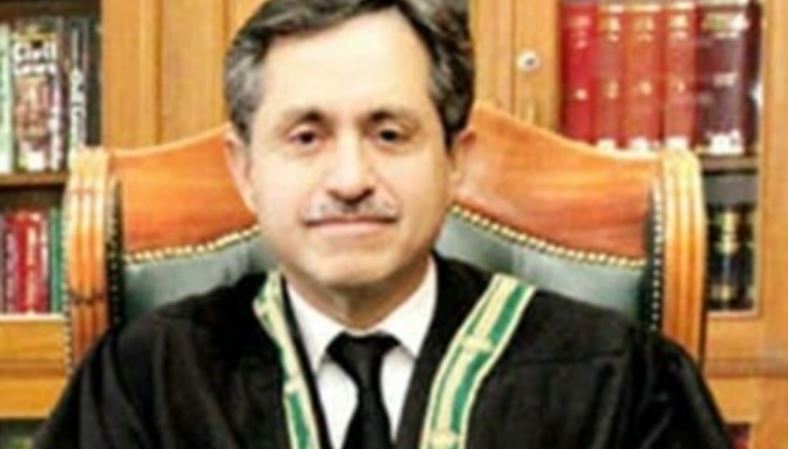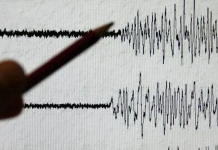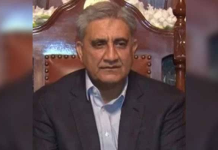ISLAMABAD: Justice Jamal Khan Mandokhail, who is a part of a five-member Supreme Court bench hearing a presidential reference seeking its interpretation of Article 63-A, on Tuesday wondered why voting [on a no-confidence motion] against the prime minister was not banned entirely if the defection of lawmakers was “such a big crime”.
He also asked whether the Election Commission of Pakistan (ECP) could dismiss a reference against defecting lawmakers, observing that there would be a misuse of power where there was an excess of authority.
The five-member bench hearing the presidential reference — filed by the PTI government before its ouster — is headed by Chief Justice of Pakistan (CJP) Umar Ata Bandial and comprises Justice Ijazul Ahsan, Justice Mazhar Alam Khan Miankhel, Justice Munib Akhtar and Justice Mandokhail.
During the hearing today, PPP’s lawyer Farooq H Naek argued that the 17th constitutional amendment gave the prime minister and party chiefs immense powers. “Even the Supreme Court cannot take action against the prime minister.”
Chief Justice Bandial observed that if a no-trust motion was submitted against the premier in the fourth year of his tenure and a reference against defecting legislators was simultaneously filed with the ECP and it then takes a year for them to announce decisions, no action would be possible against those lawmakers as by that time the National Assembly would have completed its tenure.
Naek responded that the ECP was bound to announce its decision on a reference for ineligibility within a stipulated time frame.
At this, Justice Mandokhail interjected that the top court was also bound to decide the case within a specific period of time.
The chief justice remarked that Article 63-A’s purpose was to disqualify a defecting lawmaker, to which Naek said the Article in question also did not mean the “hanging” of a defected member.
“No argument has been presented on lifetime disqualification of defectors,” the PPP’s counsel said.
Justice Ahsan observed that the purpose of Article 63-A was to prevent defection from the party, “However, it remains to be seen whether the punishment for switching parties is strong enough to shake the conscience of a lawmaker concerned.”
He noted that it had to be decided whether defection was right or wrong in the first place.
“History tells us that defection doesn’t only take place because one’s conscience is awakened,” Justice Ahsan said, adding “what will be the punishment for defection is the question.”
Naek contended that the defecting lawmaker would be disqualified only until the completion of the remaining term of the government.
Justice Mandokhail asked Naek whether he was accepting that defection was a crime. “If it is a crime, then why is the vote of a criminal counted?” he questioned.
The chief justice observed that the court had given its verdict in the Senate election case, but no one followed it. “Why is a political party neutral on the defection of lawmakers?” the top judge asked.
He expressed surprise that a person leaving a party was given a position elsewhere.
Justice Ahsan cited an observation of an American judge, saying people in the US would not vote for a person who went against the court orders.
Naek told the bench that the country was heading towards anarchy as “no one is willing to adhere to the court orders”.
The CJP remarked that the situation was not bad enough to avoid discussions on a general matter.
The hearing was subsequently adjourned till Wednesday.

















